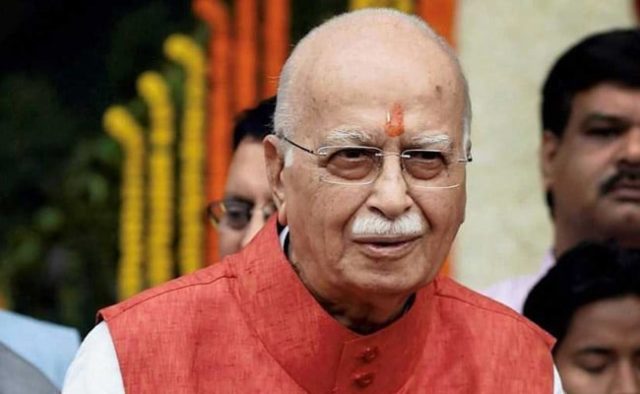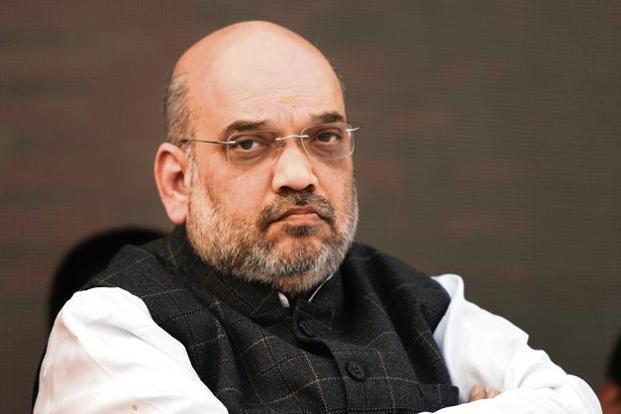After leading the party to an illustrious victory, Amit Shah has been appointed as the Home Minister in PM Narendra Modi’s re-elected government. He is the 30th Home Minister of the country and succeeds Rajnath Singh in the office.
It was a matter of speculation whether Shah would join the cabinet of ministers or continue as the president of the party. Shah has also been a close confidant and right-hand of Modi-ji for several years.

Shah’s Progress Report
Under Shah’s presidency BJP has soared tremendous heights. Owing to his skilled leadership and campaigning, the party won 71 out of 80 Lok Sabha seats in Uttar Pradesh in 2014 elections. In the 2019 elections, he led the party to an even grander win, securing 353 Lok Sabha seats for the NDA.
He has won all of the 29 elections he has contested until now. Also, under his leadership, the party has managed to attain a stronghold in the North-east, the Trinamool Congress dominated West Bengal as well as Jammu and Kashmir.
Humble Beginnings
Hailing from Gujarat, Amit Shah worked in his initial days as a booth-worker for the Janata Dal in the 1970s. He became a part of BJP in 1987 and around the same time Modi too joined in from the RSS.
The major breakthrough in his political career came from his becoming the campaign manager of L.K. Advani in Gandhinagar in the 1991 Lok Sabha elections. He has also been an active member of RSS and a staunch believer in their Hindutva ideologies.

He has been elected as an MLA from Gujarat several times between the years 1997-2007, and has held important portfolios like excise, home etc.
Shah was appointed Member of Rajya Sabha in 2017 and has gained prominence on the national level since then. He has worked closely with Modi for more than two decades and both have paved way for the party’s victory both in 2014 and 2019.
The Challenges He Faces Now
As the Union Home Minister, Amit Shah faces the responsibility of tackling issues like national security, terrorism, the issue of illegal migrants among several others.
He would also aim at implementing the Supreme Court directed NRC (National Register of Citizens) across the country, which as of now has been carried out only in Assam. NRC aims at identifying illegal migrants and creating a list of the legal citizens of the country.

In an interview to India Today, Shah termed the illegal immigrants as “termites”.
BJP promised in its manifesto to curb illegal immigration in the north-eastern states, thereby securing for the local people employment and livelihood opportunities.
Along with that, Shah would work towards the doing away with the Article 35A and Article 370, which give a special status to the state of Jammu and Kashmir. In doing so, the party believes it would do away with the isolation of the state and integrate it more actively with the rest of the country.
Along with that, he also faces the task of initiating infrastructural development and reformation of the insurgency prone Naxal-corridors of the country.
For now, all eyes are set upon Amit Shah, with the doting question –
With his effective management and administration, will the country prosper the very way BJP prospered under him?
Image Sources: Google Images
Sources: Hindustan Times, India Today, Business Today, Economic Times
Connect With The Blogger: @Rhetorician_rc
Other Recommendations:

































